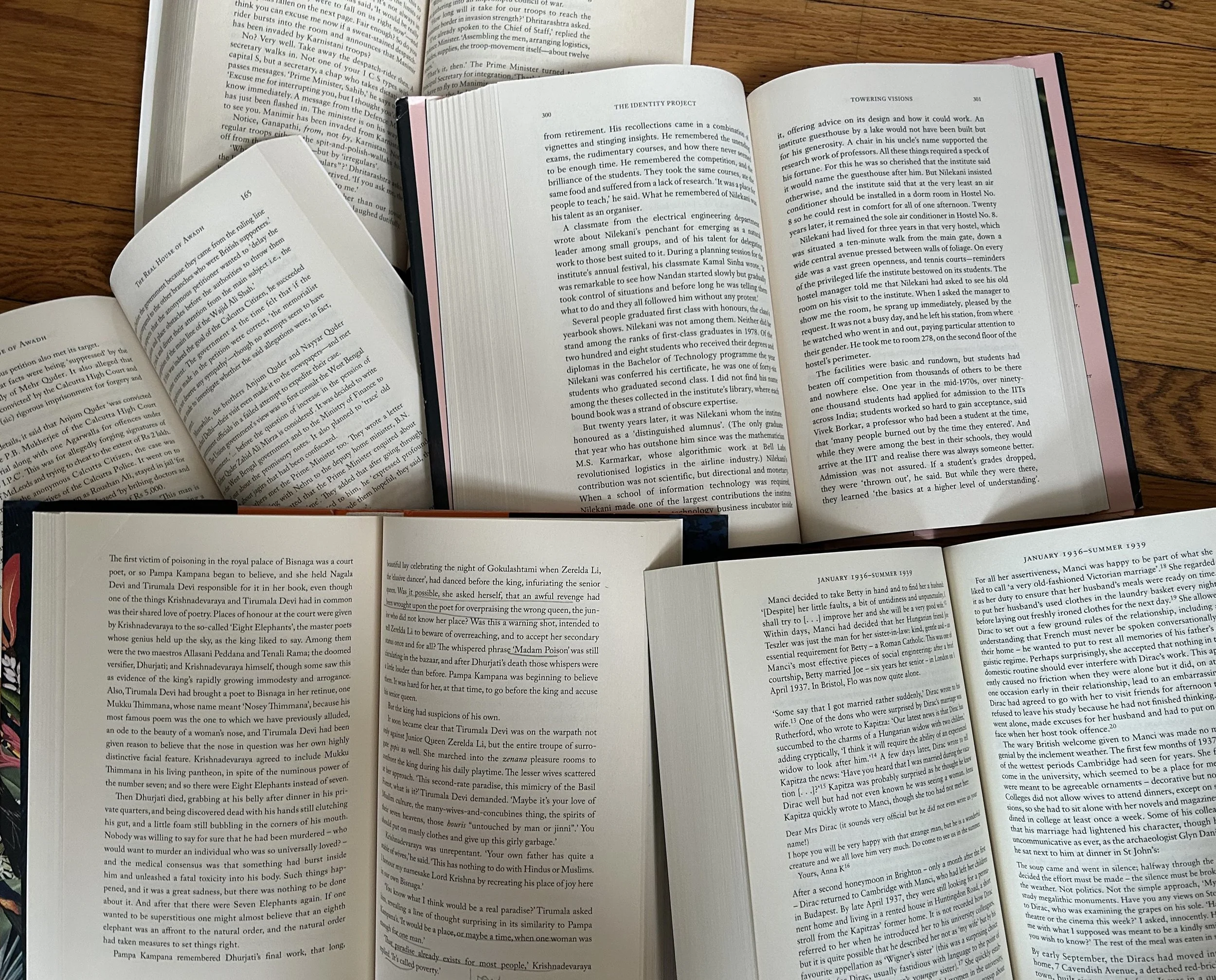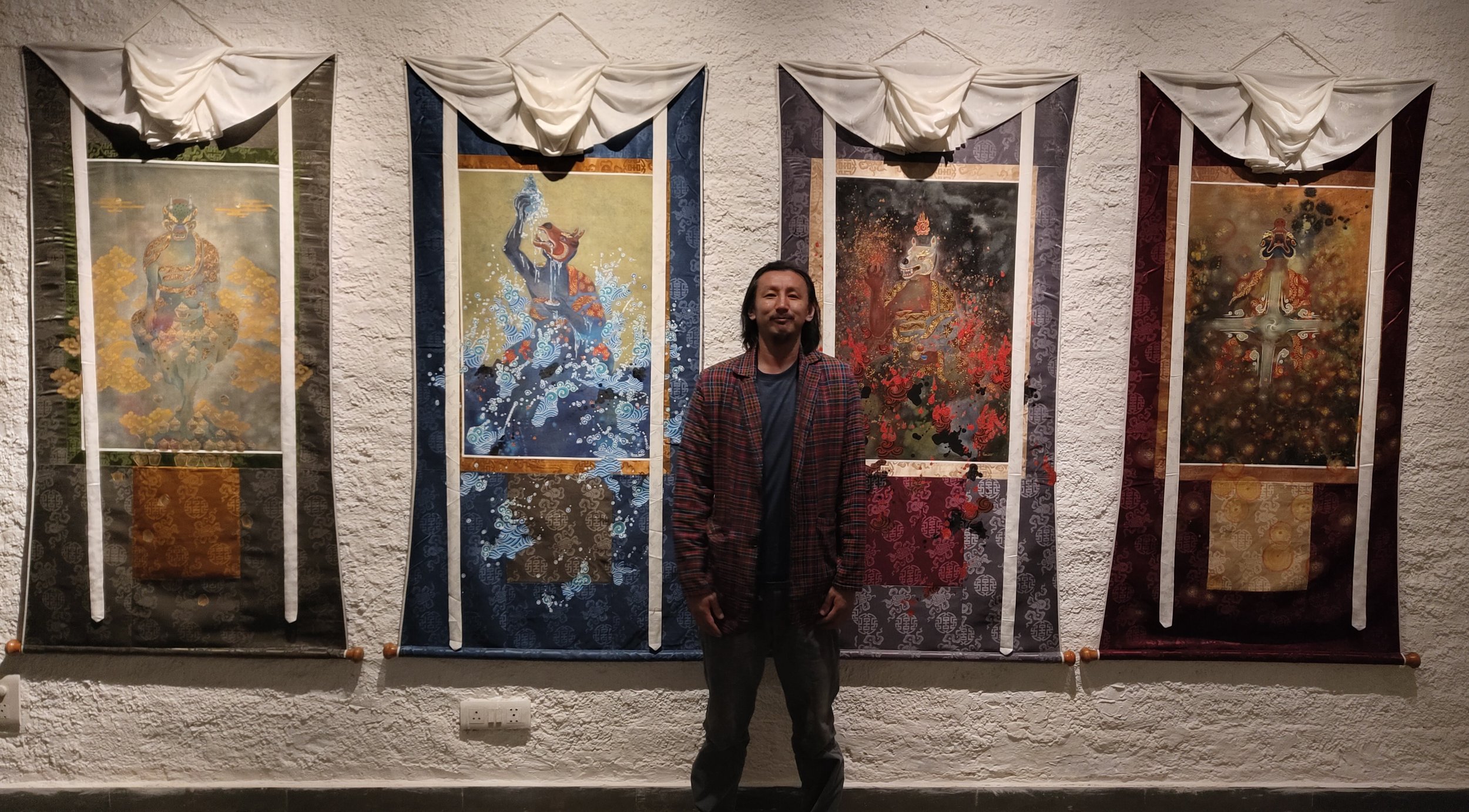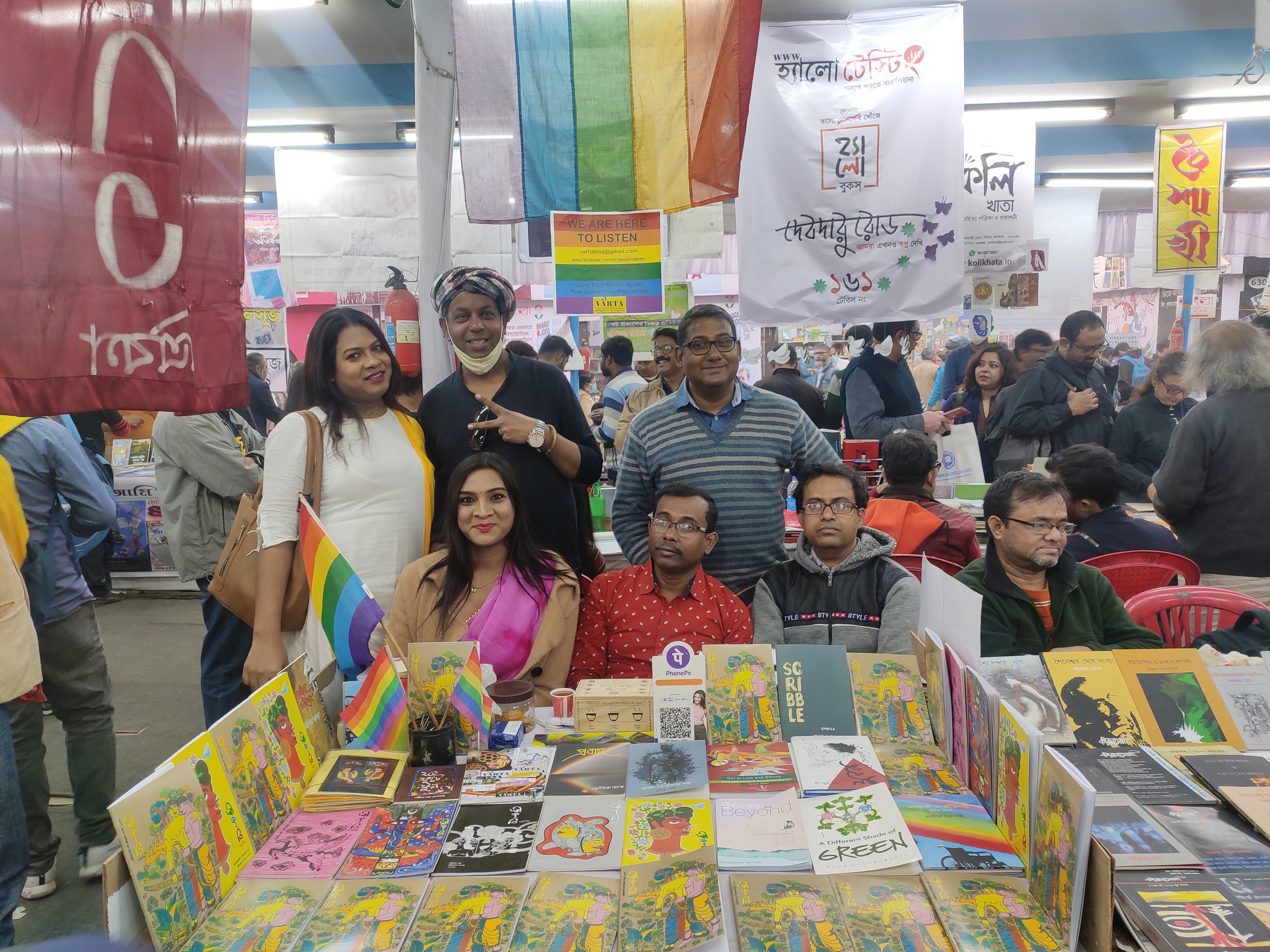Art, Defanged
In the run-up to the 2024 elections, the films that hit the big screens, the books showcased on the windowfronts, and the music crawling into our ears, has mostly sung the songs of propaganda. It’s art without dissent; art that rages for the machine. By Karan Madhok
Who Chooses Whom? The Book Buyer’s Conundrum
Does the reader choose their book? Or the book its reader? Satyarth Pandita explores this grand moment of literary connection and resonance.
A Chronicle of Mob Violence, Transgressions, and Social Media
Chronicle of An Hour and a Half (2024) establishes Saharu Nusaiba Kannanari as a writer fierce and loyal to his craft, as he invites the readers to reflect on the spectacle of violence in our technologically-powered society. By Akankshya Abismruta
“I realized HURDA cannot be one person’s story”—An interview with Atharva Pandit
Debut novelist Atharva Pandit discusses why he chose to render the true-crime story as fiction in Hurda, the polyphonic nature of the narrative, and his uninhibited portrayal of the investigation and the actors involved in the case. By Saurabh Sharma
Stepping Beyond the Boundaries: An Interview with Tishani Doshi
In a wide-ranging conversation with, acclaimed poet and dancer Tishani Doshi spoke to Ronald Tuhin D’Rozario about her literary work, the fundamentals of ‘Vilambit’ in her writing, and artistic journeys through space and time.
Survival is an act of defiance
In Abhishek Anicca’s memoir The Grammar of my Body (2023), the protagonist is a disabled body, charting its terrain through the unforgiving, able-bodied world. By Priyanka Chakrabarty
In Our Own Voices: Queer Representation at the International Kolkata Book Fair
Marnina (Avirup) spoke to representatives from Queer organizations at the 2024 Kolkata Book Fair about the experience of hosting their stalls, seeking diversity in Indian publishing, and much more.
“I Embrace My Bitterness” - An Interview with Abhishek Anicca
In The Grammar of My Body, Abhishek Anicca shared his journey of discovering his disability and chronic illness. In an interview, Anicca spoke about disability in the face of capitalism, politics, and literature in an ableist society. By Akankshya Abismruta
To Live in a Language: An interview with Sumana Roy
Poet, writer, and essayist Sumana Roy speaks to Ronald Tuhin D’Rozario about the creative process, shifting between poetry and prose, and the ‘joyous riyaz’ of a literary life.
How Indian Publishers Pushed for Greater Diversity in 2023
How a slow but steady collective drive is finally instrumentalizing a change in the Indian publishing landscape, giving rise to queer, Dalit, disabled, Adivasi, and other marginalized voices on the bookshelves. By Saurabh Sharma
Dispossession and Discomfort in Vivek Shanbhag’s SAKINA’S KISS
Vivek Shanbag’s novel Sakina’s Kiss (2013) features a protagonist obsessed with possession, uncomfortable in the evolving role of his masculinity, searching for meaning in a life where every answer presents a series of more confounding questions. By Karan Madhok
Ranjit Hoskote’s Shimmering Lights
At the core of Ranjit Hoskote’s latest poetry collection Icelight is a restlessness, a searching presented as a series of inward questions which never quite find their resolve; they keep going until the question itself becomes the endgame. By Vinita Agrawal















